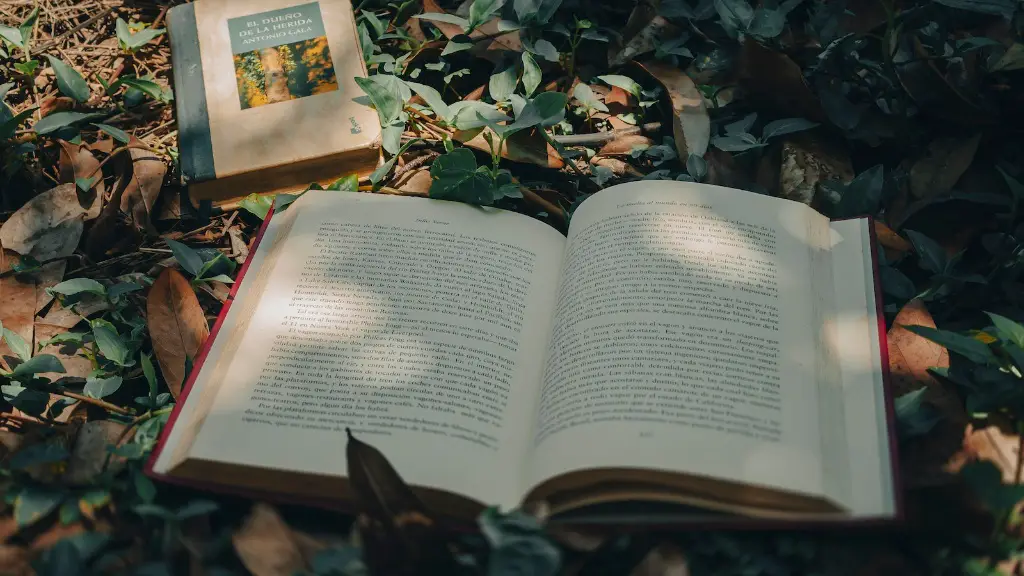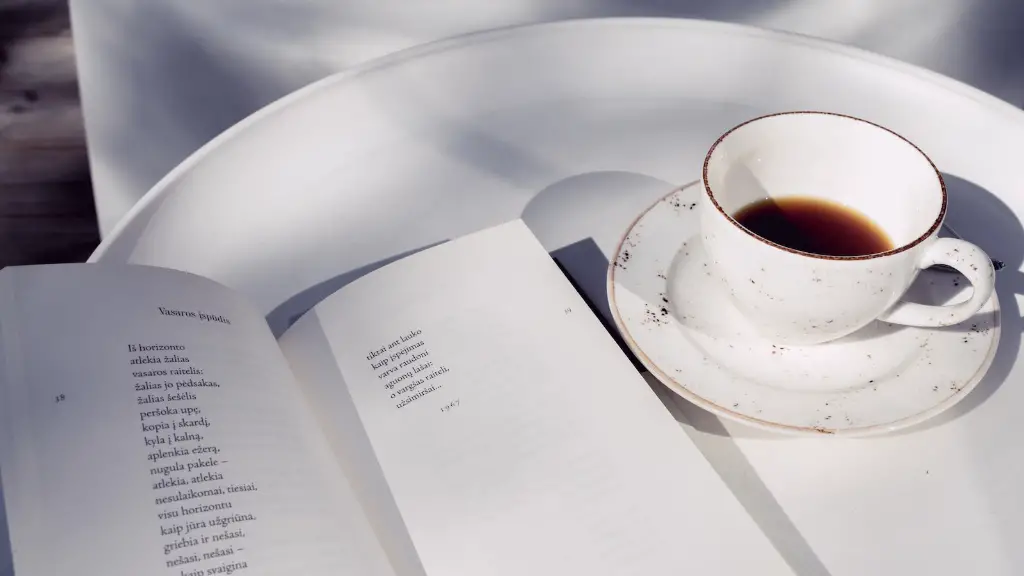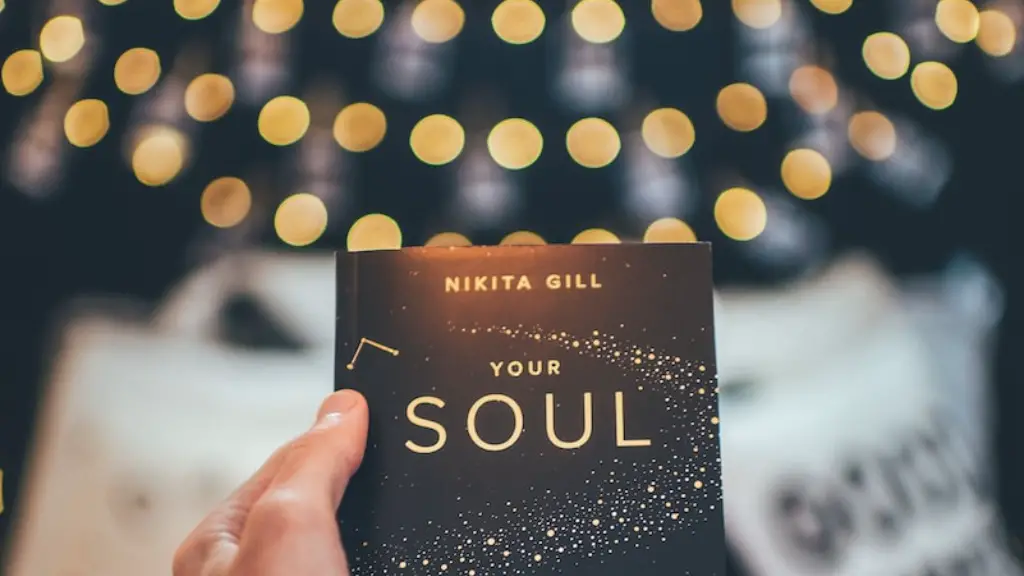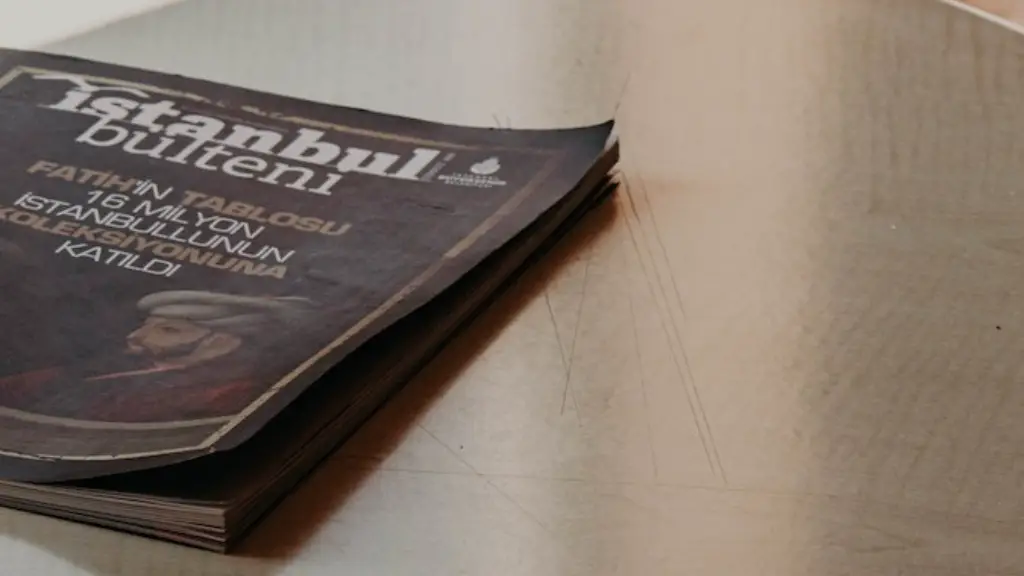Defining Poetry
Being able to express yourself creatively is a skill that many of us are striving to achieve. Writing poetry is simply a form of expressing yourself, whether it be in words, images, or both. Poetry is a form of literature that uses language to evoke emotions, tell stories and express opinions in a creative way. It can be written in a language that’s specific to the writer, or it can follow certain rules. Poets use words to create aesthetically pleasing and harmonious sounds, such as rhyme and meter, to convey their ideas. Additionally, they often employ imagery, figures of speech, and allusions to create interesting and engaging works of literature.
Form and Types of Poetry
There are many different forms and types of poems which exist, each having specific conventions and characteristics. Some common types of poetry include ballads, odes, sonnets, haiku and free verse. A ballad is a narrative poem consisting of four-line stanzas that follows a specific rhyme scheme. An ode is a lyrical poem that praises or celebrates a particular subject. A sonnet is a fourteen-line poem with two rhyme schemes, usually consisting of a Petrarchan or Shakespearean sonnet. Haiku is a Japanese form of poetry consisting of three lines with a syllable pattern of five-seven-five. Lastly, free verse is a form of poetry which does not follow a specific pattern or rhyme scheme but instead focuses on the meaning behind the words.
Writing Your Own Poetry
Once you have a grasp of what type of poem you want to write, you can move on to crafting your own. Before beginning, it’s important to first establish your main idea or theme. Ask yourself what you want to say and how you want to convey your thoughts on the page. Additionally, consider what literary techniques you may want to use, such as imagery, metaphors, and similes, to bring your poem to life. Once you have planned out your main idea and literary devices, you can begin writing your poem. Give yourself time to write, experiment, and revise your work.
Tools
When it comes to writing, sometimes it helps to have a starting point. If you’re feeling stuck, you can use existing poems or even structure them in a new way to help you kickstart your own ideas. You can also try utilizing prompts to help you think of a new idea. Additionally, if you feel the need for help and guidance, consider using a writing mentor or joining a poetry workshop.
Editing
Once you have written your poem, it’s time to start the editing process. Begin by rereading and revising your poem. See if there are areas that can be improved, or even deleted entirely. Additionally, try reading your poem out loud and examining it for clarity and flow. You can also seek help from another poet, a teacher or even a mentor for advice and feedback.
Sharing Your Poetry
When you’re finished rewriting and editing your poem, the last thing to do is to share it with the world. You can begin by submitting your poem to poetry magazines or websites. Additionally, you can create a blog and post your poems there. You can even share your work on social media.
However You Poetry Needs to be
When writing poetry for beginners, the main point is to express yourself however you need to. Don’t be afraid to break the rules and try something new. Writing poetry is an art form and it’s important to remember that there is no “right” or “wrong” way to write a poem. Poetry is a form of self expression and it should be used to express your authentic thoughts and feelings.
Know Your Audience
When sharing your poetry, it’s important to know your audience and know how to engage them. Make sure to explain any difficult concepts in an engaging and accessible way. Additionally, try to use imagery and other figurative language to help your reader better understand and appreciate your poem.
Create an Atmosphere
When writing poetry, you want to create a mood or atmosphere for your reader. Use description and figurative language to create a sensory experience for them. This will help your reader better connect with your work.
Experiment
Take some time to experiment with different forms and styles of poetry. This will allow you to gain an understanding of what style works best for you and how to make your own unique form of poetry. Additionally, try writing in different perspectives and tones to expand your poetic voice.
Encourage the Flow of Creativity
In order to keep the creative juices flowing, make sure to regularly sit down and write. Dedicate some time each day to expressing yourself in a creative way. This will help to keep your poems fresh and new. Additionally, look for inspiration in books and other forms of literature.
Enjoy the Art of Poetry
Once you’ve mastered the basics of writing poetry, take some time to enjoy the art of poetry. Visit a local poetry reading or join a poetry society. This will be a great way to connect with others and gain inspiration for your work. Lastly, don’t be afraid to have fun and let your creativity shine through.



